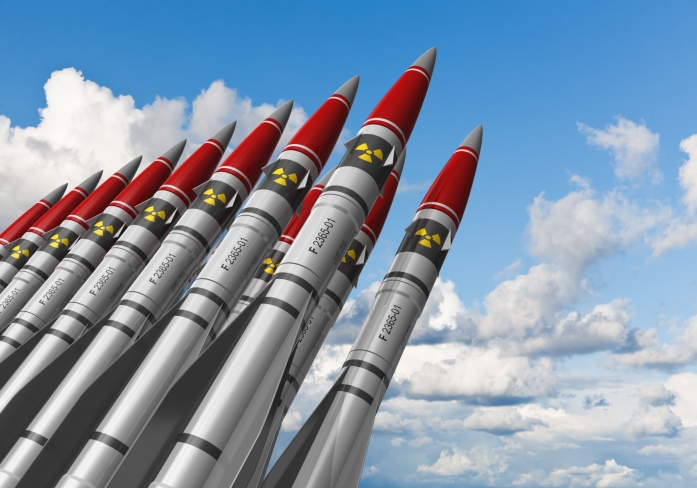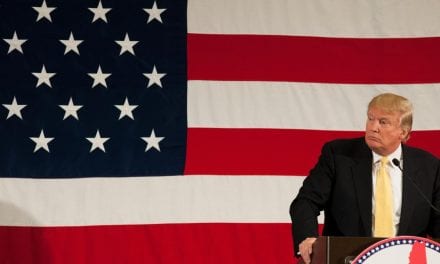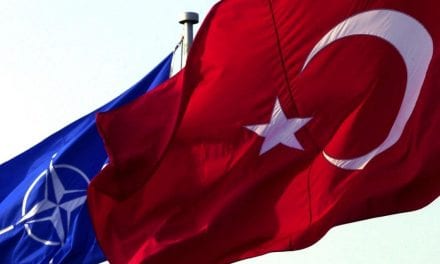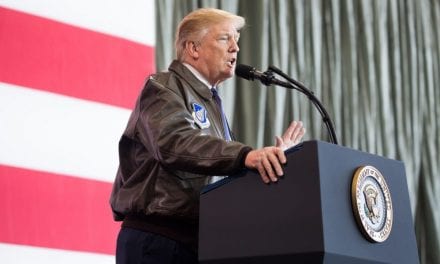Global nuclear weapons: downsizing but modernizing
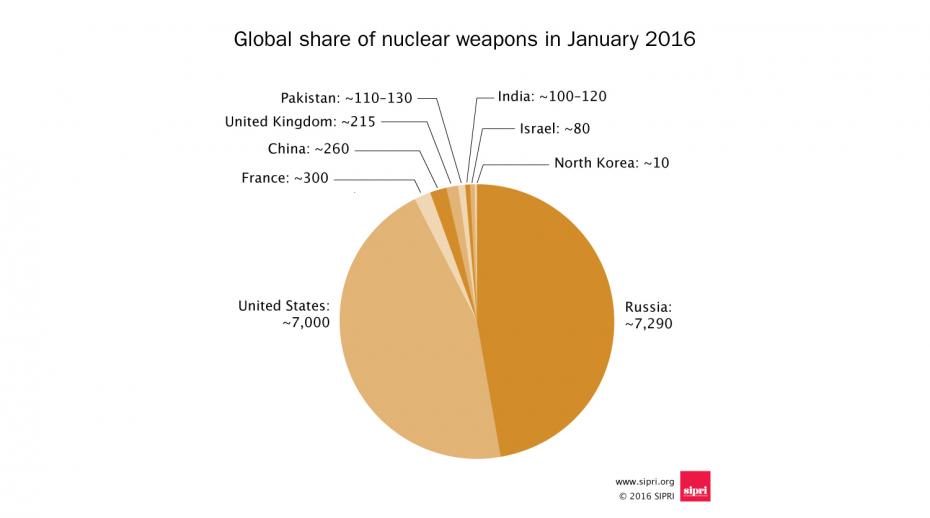
(Stockholm, 13 June 2016) The Stockholm International Peace Research Institute (SIPRI) today launches its annual nuclear forces data, which highlights the current trends and developments in world nuclear arsenals. The data shows that while the overall number of nuclear weapons in the world continues to decline, none of the nuclear weapon-possessing states are prepared to give up their nuclear arsenals for the foreseeable future.
At the start of 2016 nine states—the United States, Russia, the United Kingdom, France, China, India, Pakistan, Israel and North Korea—possessed approximately 4,120 operationally deployed nuclear weapons. If all nuclear warheads are counted, these states together possessed a total of approximately 15,395 nuclear weapons compared with 15,850 in early 2015 (see table 1).
Table 1. World nuclear forces, 2016
| Country | Year of first nuclear test | Deployed warheads* | Other warheads | Total 2016 |
| USA | 1945 | 1,930 | 5,070 | 7,000 |
| Russia | 1949 | 1,790 | 5,500 | 7,290 |
| UK | 1952 | 120 | 95 | 215 |
| France | 1960 | 280 | 20 | 300 |
| China | 1964 | 260 | 260 | |
| India | 1974 | 100–120 | 100–120 | |
| Pakistan | 1998 | 110–130 | 110–130 | |
| Israel | 80 | 80 | ||
| North Korea | 2006 | 10 | 10 | |
| Total | 4,120 | 11,275 | 15,395 |
* ‘Deployed’ means warheads placed on missiles or located on bases with operational forces.
All estimates are approximate and are as of January 2016. Totals do not include figures for North Korea.Source: SIPRI Yearbook 2016
Nuclear weapon reductions remain slow, while investment levels rise
The decrease in the overall number of nuclear weapons in the world is due mainly to Russia and the USA—which together still account for more than 93% of all nuclear weapons—further reducing their inventories of strategic nuclear weapons. However, despite the implementation of the bilateral Treaty on Measures for the Further Reduction and Limitation of Strategic Offensive Arms (New START) since 2011, the pace of their reductions remains slow. At the same time, both Russia and the USA have extensive and expensive nuclear modernization programmes under way. The USA, for example, plans to spend $348 billion during 2015–24 on maintaining and comprehensively updating its nuclear forces. Some estimates suggest that the USA’s nuclear weapon modernization programme may cost up to $1 trillion over the next 30 years.
“The ambitious US modernization plan presented by the Obama Administration is in stark contrast to President Barack Obama’s pledge to reduce the number of nuclear weapons and the role they play in US national security strategy,” said Hans Kristensen*, co-author to the SIPRI Yearbook.
The other nuclear weapon-possessing states have much smaller arsenals, but have all either begun to deploy new nuclear weapon delivery systems or announced their intention to do so. China appears to be gradually increasing its nuclear forces as it modernizes the arsenal. India and Pakistan are both expanding their nuclear weapon stockpiles and missile delivery capabilities. North Korea is estimated to have enough fissile material for approximately 10 nuclear warheads. However, it is unclear whether North Korea has produced or deployed operational weapons.
“Despite the ongoing reduction in the number of weapons, the prospects for genuine progress towards nuclear disarmament remain gloomy,” comments Shannon Kile, Head of the SIPRI Nuclear Weapons Project. “All the nuclear weapon-possessing states continue to prioritize nuclear deterrence as the cornerstone of their national security strategies.”
For editors
The SIPRI Yearbook is a compendium of cutting-edge information and analysis on developments in armaments, disarmament and international security. Three major Yearbook data sets have already been pre-launched in 2016: ‘The top 100 arms producing companies’ (14 December), ‘International arms transfers’ (22 February) and ‘World military expenditure’ (5 April).
SIPRI Yearbook 2016 is published by Oxford University Press and will be available later in 2016. Learn more at www.sipriyearbook.org.
*Hans M. Kristensen (Denmark) is an Associate Senior Fellow with the SIPRI Disarmament, Arms Control and Non-proliferation Programme and Director of the Nuclear Information Project at the Federation of American Scientists (FAS).

